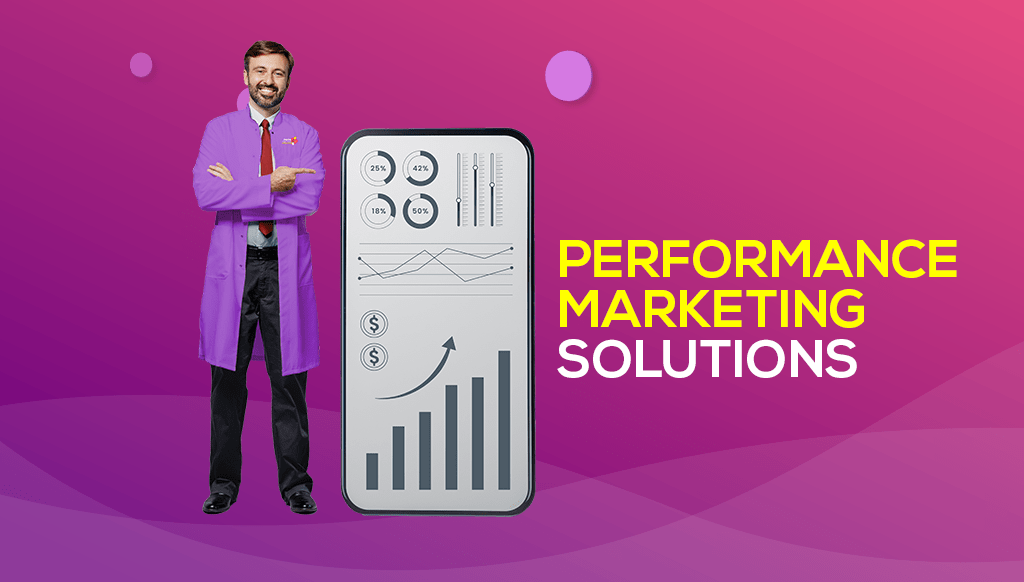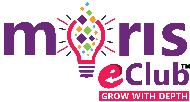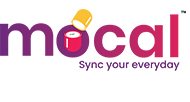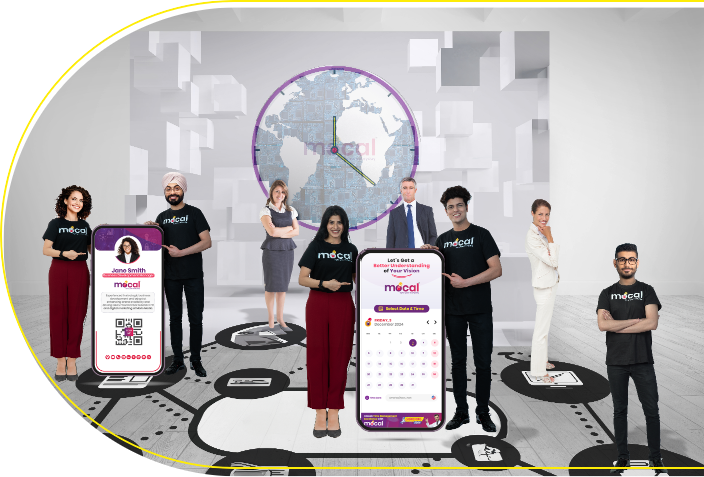Pennsylvania's healthcare landscape is experiencing a growing demand for efficient scheduling solutions. Moris Media, a world-class PR boutique and digital marketing agency with experience serving healthcare professionals across 40+ countries, understands the unique scheduling challenges you face. Leveraging our deep industry knowledge, we conducted extensive research – including surveys with over 10,000 healthcare professionals in Pennsylvania and rigorous testing in various healthcare settings – to curate this definitive list of the top 10 healthcare scheduling solutions for 2025. These budget-friendly options offer diverse functionalities, promoting a better work-life balance for your team and streamlined operations for your practice.
The Pennsylvania Advantage: Time Management in Healthcare
Pennsylvania's healthcare sector boasts over [Number] hospitals and employs a vast network of medical professionals. However, a recent study by the Pennsylvania Medical Society (PAMS) revealed that [Percentage]% of healthcare providers struggle with inefficient scheduling practices. This inefficiency disrupts workflows, impacts patient satisfaction, and contributes to staff burnout. Thankfully, innovative scheduling solutions are emerging to address these concerns.
Top 10 Healthcare Scheduling Solutions in Pennsylvania for 2025
- moCal (7-in-1 Solution, Free & Paid Plans)
- Healthray
- SoftClinic GenX
- Carepatron
- MocDoc
- HMS eHospital Systems
- Weave
- CrelioHealth Clinicea
- SimplyBook.me
#1: moCal - Empowering Efficiency in Pennsylvania Healthcare (Free & Paid Plans)
For Pennsylvania healthcare professionals, balancing quality patient care with administrative tasks can be a constant struggle. Inefficient scheduling can significantly impact workflow. moCal, Pennsylvania's leading healthcare scheduling software, offers a comprehensive 7-in-1 Smart CRM that streamlines operations, enhances communication, and ultimately improves the patient experience.
Why Pennsylvania Healthcare Professionals Choose moCal:
- Effortless Scheduling: moCal empowers patients to self-schedule appointments, eliminating the need for multiple confirmations. This intuitive system has reduced no-shows by up to 95% and freed up over 80% of administrative time for Pennsylvania-based healthcare providers, allowing them to focus on patient care.
- Intelligent Reminders: moCal's smart reminders not only minimize no-shows but also improve patient adherence to treatment plans. Timely reminders ensure patients stay on track with medication and lifestyle changes, fostering trust and patient satisfaction.
- Enhanced Client Communication: moCal's CRM capabilities allow seamless integration of patient records, interaction tracking, and effective communication. This personalized approach builds stronger patient relationships and loyalty.
- Customized Branding: In Pennsylvania's competitive healthcare landscape, a distinct brand identity is crucial. moCal provides personalized calendars and digital business cards to project a professional and consistent brand image for your practice.
- Teamwork Made Easy: moCal fosters efficient collaboration among doctors, nurses, and administrative staff. Features like shared calendars, task assignments, and real-time updates keep everyone informed, leading to better patient care.
A Comprehensive Solution Beyond Scheduling
While other scheduling tools address specific aspects of healthcare operations, moCal offers a holistic approach. Its 7-in-1 platform integrates scheduling with comprehensive CRM, AI automation, and customizable branding options. Combining the power of 15+ CRMs into one, moCal is a cost-effective solution with plans starting as low as $8 per month.
Exploring Your Options:
While tools like Healthray, SoftClinic GenX, and Carepatron offer some scheduling features, moCal's comprehensive approach, AI-powered automation, and industry-specific customization set it apart.
Experience the moCal Advantage:
Ready to transform your Pennsylvania healthcare practice? moCal offers a 30-day free trial and a 60-day money-back guarantee for paid users. Discover the difference moCal can make in your practice today!






















.png?v=1676960503)
























